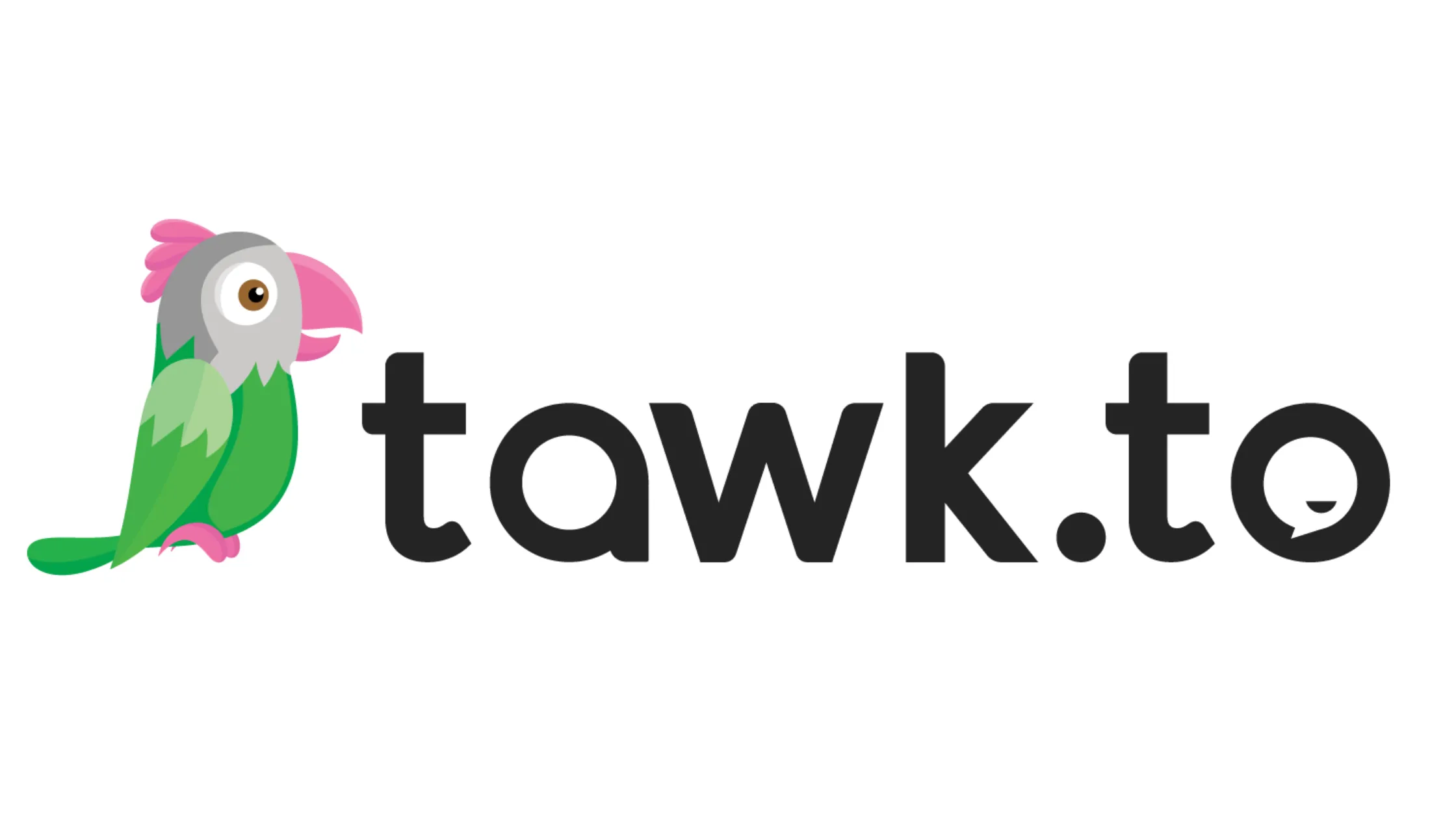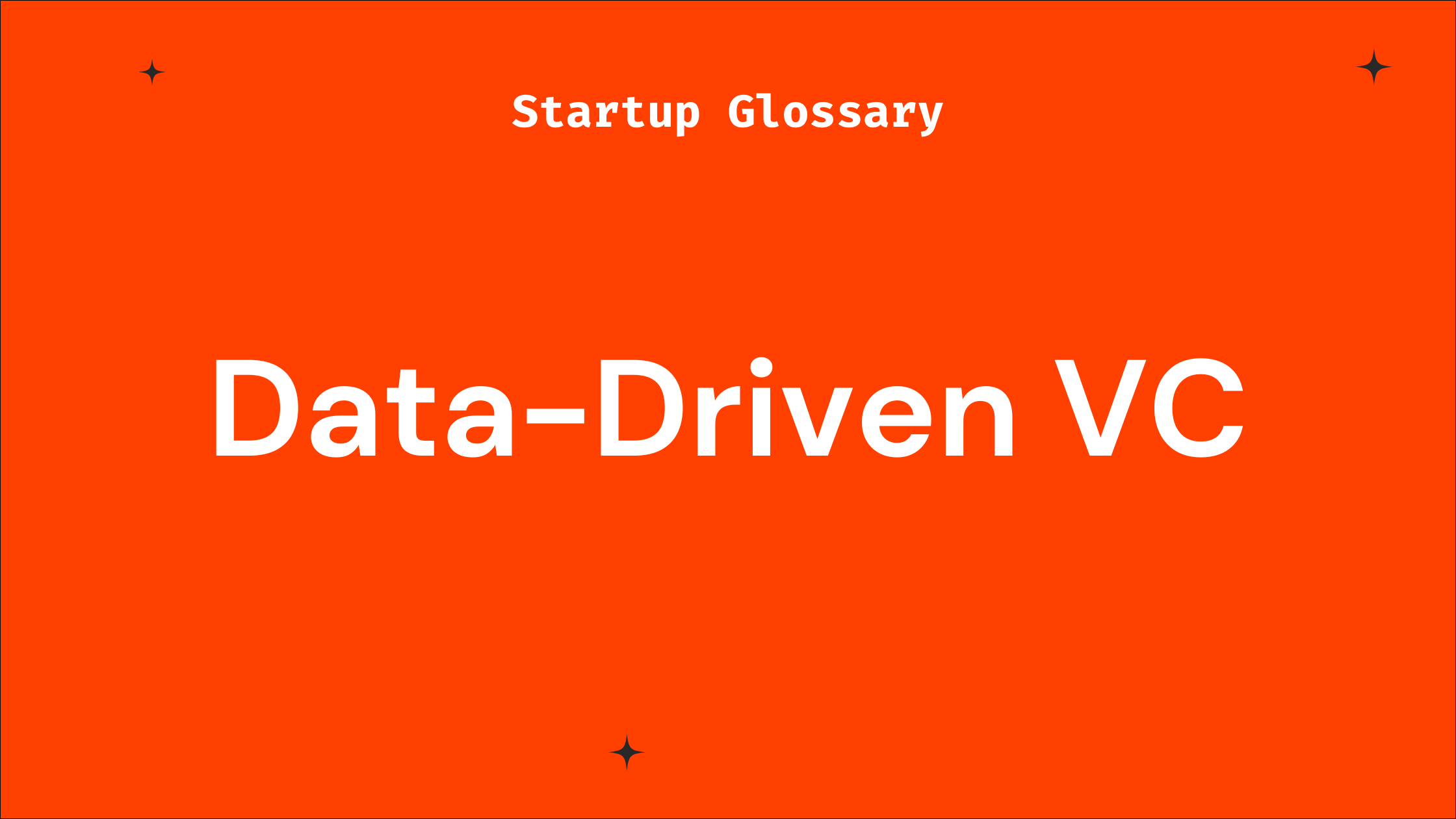
Custom Software Development: What Startups Need to Know in 2024
Learn how custom software development can help startups innovate and grow in 2024. Practical insights for founders looking to build custom tech.
If you're a startup founder, chances are you've considered custom software development. Whether you're building a disruptive marketplace, an AI-driven healthtech platform, or a B2B SaaS tool, having custom software can give you a competitive edge. But navigating this process, especially in 2024, can be tricky. In this article, we'll break down what custom software development is, why it's crucial for startups, and how to approach it effectively to maximize your growth.
What Is Custom Software Development?
Custom software development refers to the process of creating software that is uniquely tailored to your business’s needs, rather than using off-the-shelf solutions. Startups often have unique processes, business models, or customer interactions that require more flexibility and innovation than out-of-the-box software can offer. Custom software enables startups to:
- Address specific challenges
- Automate unique workflows
- Differentiate their products or services
- Integrate seamlessly with existing tools and infrastructure
Why Custom Software for Startups?
For a startup, building custom software is often a key strategic move. While off-the-shelf solutions may work in the early stages, they tend to fall short as you scale. Custom development offers flexibility, control, and the ability to innovate. In today's competitive startup landscape, relying on generic solutions can limit growth and adaptability. Custom software, on the other hand, can evolve with your business as you iterate and grow.
Key Benefits of Custom Software Development
Scalability
Startups are built for growth. Off-the-shelf software can limit your ability to scale, especially as your user base or data needs grow. Custom software, however, is designed to scale alongside your business, ensuring that your infrastructure won't bottleneck your progress.
Integration With Your Existing Tools
Most startups use a variety of software tools, from CRMs to payment gateways and marketing platforms. Off-the-shelf solutions may not always integrate smoothly, leading to operational inefficiencies. Custom software can be built to work with your existing stack, streamlining your operations and reducing manual work.
Flexibility and Control
With custom software, you're in the driver's seat. You're not dependent on third-party updates, feature roadmaps, or licensing changes. You control the features, functionalities, and user experience, ensuring your product evolves in line with your business goals.
Challenges of Custom Software Development for Startups
While the benefits are clear, custom software development isn’t without its challenges, especially for resource-strapped startups.
Time and Cost
Building custom software takes time and money. This is often a concern for startups, where resources are limited, and every dollar counts. However, investing in custom software early on can pay off by saving you time, improving efficiency, and allowing you to scale faster. Working with a trusted partner like Horizon Labs can also help optimize costs by delivering MVPs quickly and effectively.
Finding the Right Development Team
Not all developers are created equal. For startups, it’s essential to find a team that not only understands code but also grasps your business objectives. You want engineers who act as strategic partners—who can advise you on the best tech stack, scalability concerns, and cost-effective development practices. That’s where a partner like Horizon Labs comes in handy. We've been there, done that, and know the unique challenges startups face.
How to Approach Custom Software Development as a Startup
1. Define Clear Objectives
Before diving into development, make sure you have clear objectives. What problem are you solving? What features are non-negotiable, and which can wait for future iterations? Start by outlining your must-haves versus nice-to-haves. This approach will keep your development process focused and cost-effective.
2. Start Small with an MVP
One of the biggest mistakes early-stage startups make is trying to build a "perfect" product from day one. This can lead to wasted resources and missed market opportunities. Instead, focus on building a Minimum Viable Product (MVP) that solves a core problem for your users. Once you've validated the MVP, you can iterate and add new features based on real user feedback.
3. Choose the Right Tech Stack
Your technology choices will have long-term implications on your product's performance and scalability. While some startups default to trendy tech stacks, it's crucial to select the right tools for your specific needs. Consider your team’s expertise, the scale of your project, and future development needs. A seasoned tech partner can help you make these decisions.
4. Don’t Overlook UX/UI Design
Functionality is crucial, but the user experience (UX) and user interface (UI) play a major role in the success of your custom software. A clunky, hard-to-navigate app will drive users away. Be sure to invest in thoughtful UX/UI design that aligns with your customer’s needs and behaviors.
5. Regularly Test and Iterate
Custom software is not a "set it and forget it" endeavor. It's essential to continuously test, gather user feedback, and iterate on your product. This agile approach will ensure that your software stays relevant, user-friendly, and adaptable to market demands.
When Should Startups Consider Custom Software Development?
Not every startup needs custom software right out of the gate. However, there are certain situations where custom development becomes crucial:
- You’ve identified unique processes or workflows that off-the-shelf solutions can’t support.
- You’re scaling rapidly, and your current software can’t handle the growth.
- You need tight integration between multiple tools or platforms.
- You’re developing a highly specialized or innovative product that requires a custom tech solution.
If you find yourself in any of these scenarios, it’s time to consider custom software development as a strategic investment in your startup’s future.
Understanding the Custom Software Development Process
To navigate the custom software development landscape effectively, it's essential to grasp the typical process involved. Knowing what to expect can help you manage your project better and align with your development team.
1. Discovery Phase
The discovery phase is where everything begins. This is a collaborative effort between you and your development team to outline the project's scope. During this phase, you'll discuss:
- Your business goals
- Target audience and user personas
- Core features and functionalities
- Budget constraints and timelines
This phase is crucial for setting the right foundation, ensuring that everyone is on the same page before moving forward.
2. Planning and Prototyping
Once the discovery phase is complete, the next step involves detailed planning and prototyping. Here’s what this typically includes:
- Creating wireframes: These are basic layouts that map out the user interface and user experience.
- Developing a prototype: An interactive model that allows you to visualize how the software will function. This step is essential for gathering user feedback early on.
Prototyping is a valuable investment; it helps de-risk your project by validating concepts before diving into full development.
3. Development
Now comes the development stage, where your custom software starts to take shape. Here’s what to expect during this phase:
- Agile methodology: Many development teams use agile practices, which involve working in sprints. This means you'll have regular check-ins to assess progress and make adjustments as needed.
- Continuous integration: Developers often integrate their code changes regularly to identify bugs early and ensure that the software remains stable.
This phase can be intensive, but maintaining open lines of communication with your development team can ease the process.
4. Testing
Once development is underway, rigorous testing is essential. Different types of testing ensure that your software is functioning as intended:
- Unit testing: Individual components of the software are tested for functionality.
- Integration testing: This checks that different modules work together as expected.
- User acceptance testing (UAT): Real users test the software to confirm it meets their needs.
Testing is not just a final step; it should be integrated throughout the development process to catch issues early and avoid costly fixes later.
5. Launch and Post-Launch Support
Once testing is complete and any issues have been addressed, it’s time to launch your software. However, the work doesn’t stop there:
- Deployment: Ensure a smooth transition to production. This often involves configuring servers and preparing for user traffic.
- Post-launch support: After launch, it’s essential to monitor performance, address user feedback, and fix any bugs that arise. This support helps maintain user satisfaction and software performance.
Best Practices for Successful Custom Software Development
While every project is unique, several best practices can help ensure a successful outcome for your custom software development.
Foster Open Communication
One of the most critical factors in successful software development is open communication. Establish regular check-ins with your development team to discuss progress, address concerns, and adapt to changing needs. This collaborative spirit can lead to a more seamless development process.
Stay Involved in the Process
As a founder, your input is invaluable. Stay engaged throughout the development process. Provide feedback during the prototyping phase, participate in testing, and be available for any decisions that need to be made. Your insights can guide the development team toward solutions that align with your vision.
Set Realistic Timelines and Budgets
While it's natural to want everything done quickly and cheaply, setting unrealistic expectations can lead to frustration and disappointment. Work with your development team to create a timeline and budget that reflect the scope of the project. Flexibility is often necessary, so be prepared to adjust as needed.
Prioritize User Feedback
Once your software is live, user feedback becomes essential. Encourage users to share their experiences, and take their suggestions seriously. This input can guide future updates and improvements, ensuring your software continues to meet user needs.
Plan for Future Scalability
Even if you're starting small, think about how your software might need to evolve as your business grows. Choose a development approach that allows for scalability—this could involve modular design or cloud-based solutions that can handle increased user loads.
Why Choose Horizon Labs for Your Custom Software Needs?
At Horizon Labs, we understand the unique challenges startup founders face. As YC alums and seasoned founders ourselves, we've walked the path you’re on. Our product development agency specializes in helping ambitious startups build quality custom software quickly and affordably—without the engineering headaches. Whether you're building an MVP or scaling an existing product, our team in California and Turkey is here to accelerate your development process and deliver results that drive your business forward.
Let’s build something great together. Reach out to us at info@horizon-labs.co or schedule a free consultation at horizon-labs.co/contact. We’re ready to help you turn your startup idea into reality, faster and better than anyone else.
Frequently Asked Questions (FAQs) about Custom Software Development:
Q: What types of businesses benefit most from custom software development?
A: Custom software development is especially beneficial for businesses in niche markets, those with unique operational needs, or startups aiming for rapid scalability. Industries like healthcare, finance, and e-commerce often find that tailored solutions help streamline their processes and meet specific regulatory requirements.
Q: How do I determine if I need custom software or an off-the-shelf solution?
A: If your business needs cannot be met by existing software, or if you're experiencing limitations with off-the-shelf solutions, it may be time to consider custom development. Key indicators include unique workflows, a need for specific integrations, or plans for significant scaling that generic solutions can't accommodate.
Q: How long does it typically take to develop custom software?
A: The timeline for custom software development varies widely based on the project's complexity and scope. On average, it can take anywhere from a few months for an MVP to over a year for a more comprehensive solution. Factors such as planning, design, development, and testing all influence the timeline.
Q: What is the role of a product manager in custom software development?
A: A product manager serves as a bridge between the development team and stakeholders. They help define project objectives, prioritize features, and ensure that the development aligns with user needs and business goals. Their involvement is crucial for maintaining focus and direction throughout the development process.
Q: What are the ongoing costs associated with custom software?
A: Beyond the initial development costs, ongoing expenses may include maintenance, updates, hosting, and potential scalability upgrades. It's essential to budget for these ongoing costs to ensure the software continues to meet your business needs as it evolves.
Q: Can custom software be developed for mobile platforms?
A: Yes, custom software can be tailored specifically for mobile platforms, including iOS and Android. Development teams can create native applications or cross-platform solutions based on your target audience and business requirements.
Q: How do I protect my intellectual property when developing custom software?
A: To protect your intellectual property, it's important to establish clear agreements with your development team, including confidentiality clauses and ownership rights. Additionally, consider filing for patents or trademarks if your software includes unique features or processes.
Q: What technologies are commonly used in custom software development?
A: Common technologies include programming languages like Python, Java, and JavaScript, as well as frameworks such as React, Angular, and Ruby on Rails. The choice of technology often depends on the specific requirements of the project, including scalability, performance, and integration capabilities.
Q: What are the most common pitfalls in custom software development?
A: Common pitfalls include lack of clear requirements, insufficient user testing, and inadequate project management. These issues can lead to scope creep, delayed timelines, and increased costs. It's vital to establish clear goals and maintain open communication throughout the process.
Q: How can I ensure my software meets user needs?
A: To ensure your software meets user needs, involve actual users in the development process. Conduct user interviews, surveys, and usability testing at various stages to gather feedback. This approach helps you identify pain points and adjust features accordingly.
Q: What is the difference between agile and waterfall development methodologies?
A: Agile is an iterative approach that emphasizes flexibility and collaboration, allowing for changes based on user feedback throughout the project. Waterfall, on the other hand, is a linear approach where each phase must be completed before moving to the next. Agile is often preferred for custom software due to its adaptability.
Q: How can I measure the success of my custom software?
A: Success can be measured through various metrics, including user adoption rates, performance indicators (like load times), and customer satisfaction scores. Setting clear KPIs before launching can help you evaluate the software's effectiveness and identify areas for improvement.
Q: Is it possible to customize existing software instead of building from scratch?
A: Yes, many businesses choose to customize existing software to save time and costs. This option can involve modifying features, adding integrations, or enhancing functionality to better meet specific business needs while leveraging existing tools.
Q: What should I look for when hiring a custom software development partner?
A: Look for a partner with relevant industry experience, a strong portfolio, and positive client testimonials. It’s also essential to evaluate their communication style, project management practices, and whether they have a deep understanding of your specific needs.
Q: Can custom software integrate with existing systems?
A: Absolutely. One of the main advantages of custom software development is the ability to create integrations with existing systems, databases, and APIs. This capability enhances operational efficiency and ensures seamless data flow between different tools.
Q: What role does security play in custom software development?
A: Security is a critical aspect of custom software development. It's essential to implement best practices like data encryption, secure user authentication, and regular security audits to protect sensitive information and maintain user trust.
Q: How can I manage changes in project scope during development?
A: To manage changes in project scope effectively, establish a clear change management process from the outset. This should include documenting requests for changes, assessing their impact on timelines and costs, and communicating with all stakeholders before making adjustments.
Whether you're validating an idea, scaling an existing product, or need senior engineering support—We help companies build ideas into apps their customers will love (without the engineering headaches). US leadership with American & Turkish delivery teams you can trust.
Need Developers?
We help companies build ideas into apps their customers will love (without the engineering headaches). US leadership with American & Turkish delivery teams you can trust.
















For Startups & Founders
We've been founders ourselves and know how valuable the right communities, tools, and network can be, especially when bootstrapped. Here are a few that we recommend.

Mistakes to Avoid When Building Your First Product
Learn the key mistakes founders make when building their first product—and how to avoid them for a faster, smoother launch.
Read more
The Rise of AI in Product Development: What Startups Need to Know
Learn how AI is transforming product development for startups. From MVPs to scaling, here’s what founders need to know in today’s AI-driven world.
Read more
No-Code vs. Custom Development: Which is Right for Your Startup?
Weighing no-code vs. custom development? Learn which is right for your startup depending on stage, budget, and product complexity.
Read more
What is Mixpanel?
Learn how Mixpanel helps startups track user behavior to improve products and accelerate growth with clear data-driven insights.
Read more
How Tawk.to Can Boost Your Startup’s Customer Support Game
Learn how Tawk.to can benefit startups by enhancing customer support and engagement. Perfect for early-stage founders!
Read more
Grow Your Startup With Anthropic's AI-Powered Tools
Discover how Anthropic's cutting-edge AI tools can accelerate your startup's success. Learn about their benefits and see why they can be trusted by startups.
Read more
What is Data-Driven VC?
Learn what a data-driven VC means and how such investors can benefit your startup’s growth and fundraising journey.
Read more
What is Blockchain?
A beginner-friendly guide on blockchain for startup founders, covering key concepts, benefits, challenges, and how to leverage it effectively.
Read more
What is Cybersecurity?
Learn cybersecurity basics tailored for startup founders. Understand key risks, best practices, and how to protect your startup from tech threats.
Read more
What is Seedcamp?
Learn what Seedcamp is, how its European seed fund and accelerator program work, and how founders can use its capital, mentorship, and network to scale their st
Read more
What is AngelList?
AngelList is a prime platform connecting startup founders to investors, talent, and resources to accelerate early-stage growth.
Read more
What is 500 Startups?
Learn what 500 Startups (now 500 Global) is, how its accelerator and seed fund work, and when founders should consider it—plus tips for early-stage startups.
Read more.webp)